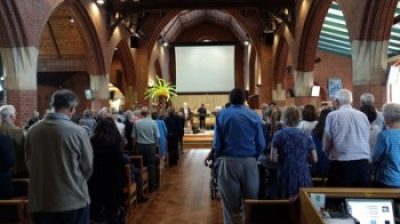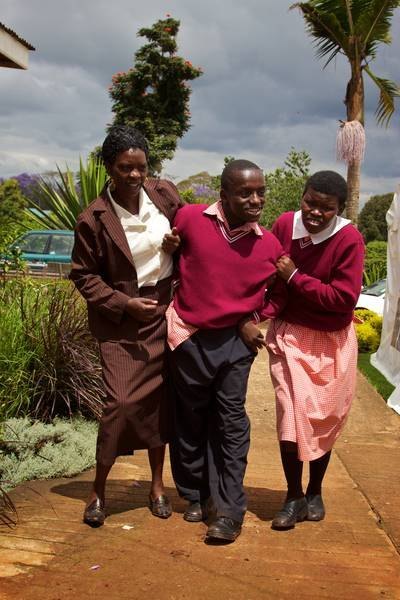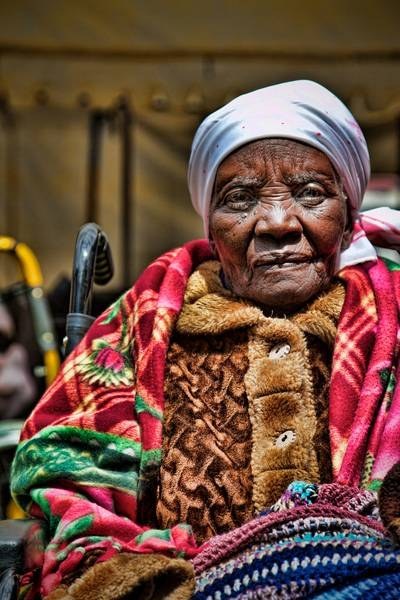After the Thank You – What Next? (Ros' Blog)

Well. We’ve had our thanksgiving service, a memorable and uplifting occasion. You can see some photos of it on our Facebook page, and it was great to see so many of our supporters there. So, what happens next? To answer this question, I’ve been taking a look at some famous “thanksgivings” in the Bible, to see what followed them.
One of the earliest recorded instances of giving thanks is Noah, after his ark came to rest, the waters receded and he released all the animals. Then he built an altar and expressed his thanks to God for deliverance. What happened next? God responded with a promise for the future:
“While the earth remains,
Seedtime and harvest,
Cold and heat,
Winter and summer,
And day and night
Shall not cease.” (Genesis 8. 22)
In Exodus 15 God has just brought the Israelites through the Red Sea in a miraculous deliverance from their pursuers, and Moses has led the people in a prayer of thanks, followed by Miriam leading a song and dance of thanksgiving with her timbrel. And in the next paragraph we read of God performing a miracle, turning brackish, stagnant water into pure, clean drinking water.
There are many occasions when David is recorded as giving thanks to God, such as the one found in 1 Chronicles 16. Overcome by gratitude for God’s goodness, David erupts into a hymn of thanksgiving:
“Oh, give thanks to the Lord!
Call upon His name;
Make known His deeds among the peoples!
Sing to Him, sing psalms to Him;
Talk of all His wondrous works!
Glory in His holy name;
Let the hearts of those rejoice who seek the Lord!”
And so on, in the same vein, for another twenty-five verses. After this outburst of grateful praise God comes back to him with a great promise for his future – that Israel will enjoy a time of peace and prosperity, its enemies will be subdued, and never, in the future of the world, will there fail to be one of David’s descendants on the throne – a promise fulfilled in the eternal reign of Jesus, the greatest son of David.
Solomon, at least in the beginning of his reign, follows in his father’s footsteps. He builds the temple his father had longed to see, and dedicates it with a prayer of petition and thanksgiving. “Blessed be the Lord God of Israel, who has fulfilled with His hands what He spoke with His mouth to my father David…” God’s response is a spectacular one of fire falling from heaven and God’s glory filling the temple, and leads to the entire population falling down in worship and thanksgiving before Him.
This idea, that we can never out-give God, that whatever thanks we render to Him, He will always outdo us in blessings, is continued in the life of Daniel. Daniel is given insight into Nebuchadnezzar’s dream. Overwhelmed with thankfulness he exclaims:
“Blessed be the name of God forever and ever,
For wisdom and might are His….
I thank You and praise You,
O God of my fathers;
You have given me wisdom and might,
And have now made known to me what we asked of You,
For You have made known to us the king’s demand.” (Daniel 2. 20-23)
There are two consequences that follow on from this; firstly, Nebuchadnezzar acknowledges God as the true God of heaven and earth, and secondly, God responds to Daniel’s faithful, thankful heart with a promotion in the king’s court for him and his three closest friends.
One of the great Old Testament prayers of thanksgiving comes from Hannah, after God has answered her prayers for a son. She breaks out into a spontaneous song of praise which begins,
“My heart rejoices in the Lord;
My horn is exalted in the Lord.
I smile at my enemies,
Because I rejoice in Your salvation.” (1 Samuel 2)
The result of Hannah’s prayer of thanksgiving? After decades of silence from God (or perhaps, more accurately, of hardness of hearing on the part of God’s people) the young Samuel hears God calling him and responds in obedience. The words he hears and passes on mark a sea-change in the direction of the nation and the start of Samuel’s prophetic ministry.
In Matthew 1 we read of Elizabeth and Mary together giving voice to their thanks in spontaneous songs of praise, immediately prior to the fulfilment of God’s promises in the coming of John the Baptist and Jesus the Messiah.
In Luke 17 there is the story of ten lepers being healed. All are healed, but only one returns to give thanks. And his thanksgiving results in Jesus pronouncing that, as a result of his faith, not only is he cured, but he is made whole – a healing that encompasses all that he is, not merely the deformities of his limbs.
Perhaps the most remarkable, indeed, astonishing thank you in the Bible occurs in Luke 22.19. Jesus, fully aware that his body is about to be torn apart by a Roman scourge and nailed to a cross, takes bread, gives thanks and breaks it, and gives it to His disciples, saying, “This is My body which is given for you; do this in remembrance of Me.” It’s hard to imagine the courage, the faith and the love that could give thanks at that moment for the sacrifice He is about to make. And we know the outcome of that – salvation for the world and Jesus’ own exaltation to glory.
In Acts 3 we find Peter and John on their way to the temple, coming across a beggar who has been unable to walk for the whole of his life, and in Jesus’ name they heal him of his disability. The man is so overcome with joy that he enters the temple walking, leaping and praising God for this amazing miracle that he has received. A great revival meeting ensues, in which three thousand people give themselves to following Jesus, and the church is born. Yet hard on its heels follow imprisonment, beatings and persecution, along with miraculous deliverance.
So here at Through the Roof we have given our thanks to God, and we really are overwhelmed with gratitude as we look back over all He has done on our behalf over the past twenty years. What can we expect next?
On the basis of God’s response to His people’s thanksgiving throughout the Bible, I can confidently predict that we can expect blessings, miracles, more promises given and fulfilled, to hear more from God, more people saved, more obstacles overcome – and also more hardships, more opposition, more obstacles still to be overcome. The one thing we do know is that God will be faithful and will continue to bless the work of our hands, bring people to Himself, supply us with the wheelchairs, the funds and the people we need to carry on the work and, though difficulties may come, to give us all the resources we need to push through. We can say this with confidence because we now have 20 years behind us of proving God’s faithfulness and we know beyond doubt that He is to be relied on – and so we can continue to give thanks, even for the blessings we haven’t yet seen. As the old hymn says,
“How good is the God we adore!
Our faithful, unchangeable Friend;
His love is as great as His power,
And knows neither measure nor end.It’s Jesus, the first and the last,
Whose Spirit shall guide us safe home.
We’ll praise Him for all that is past,
And we’ll trust Him for all that’s to come.”



